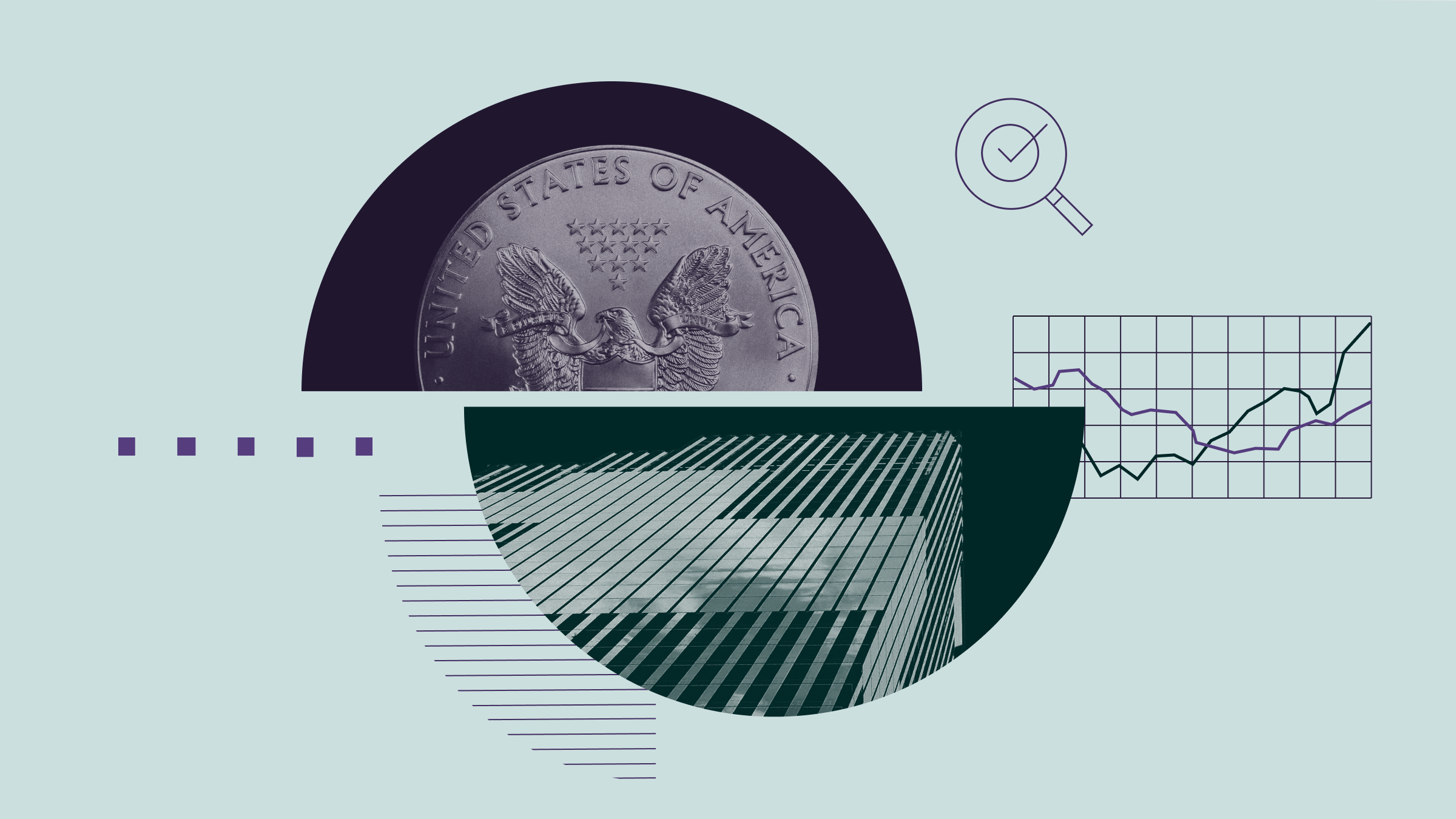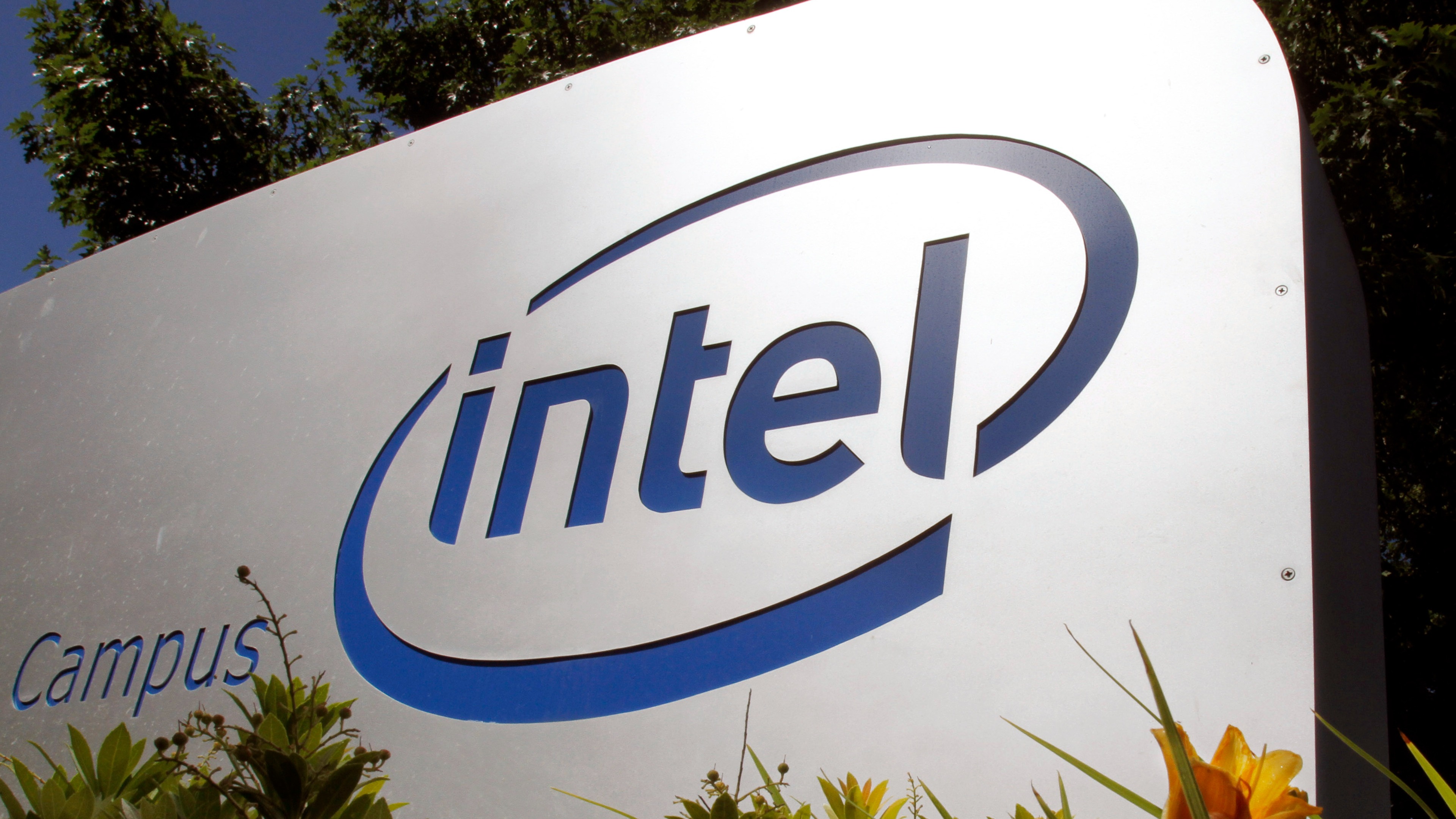Target has built a well-known brand over the past several decades, establishing itself as one of the nation’s leading retailers focused on delivering a gratifying in-store shopping experience while boasting an assortment of trendy apparel, home goods, and household essentials at competitive prices. Since 2014 under CEO Brian Cornell, Target has rev
Show me how fair value is derived (00:41)
Morningstar calculates the fair value estimate of a company based on a projection of how much cash the company will generate in the future. Morningstar analysts create custom industry and company assumptions to feed income statement, balance sheet, and capital investment assumptions into a proprietary discounted cash flow modeling template. Scenario analysis, in-depth competitive advantage analysis, and a variety of other analytical tools are used to augment the discounted cash flow process. The analyst discounts future cash flows using the weighted average of the costs of equity, debt, and preferred stock (and any other funding sources), using expected future proportionate long-term, market-value weights.
The Morningstar Fair Value Estimate is a projection/opinion and not a statement of fact. If Morningstar's base-case assumptions are true the market price will converge on Morningstar's fair value estimate over time, generally within three years. Investments in securities are subject to market and other risks. Past performance of a security may or may not be sustained in the future and is no indication of future performance.















